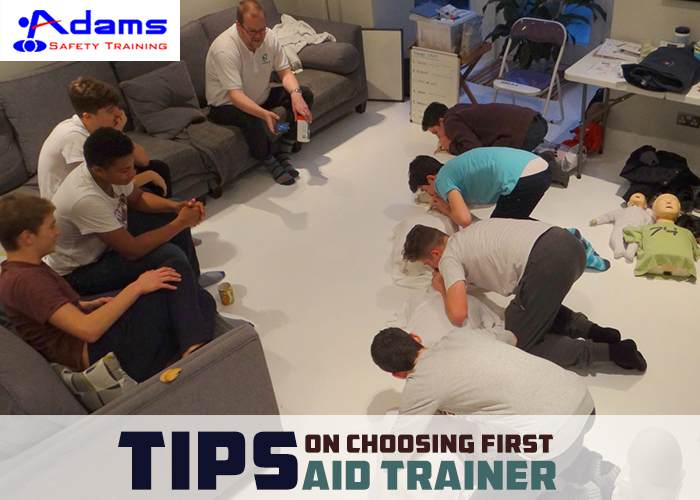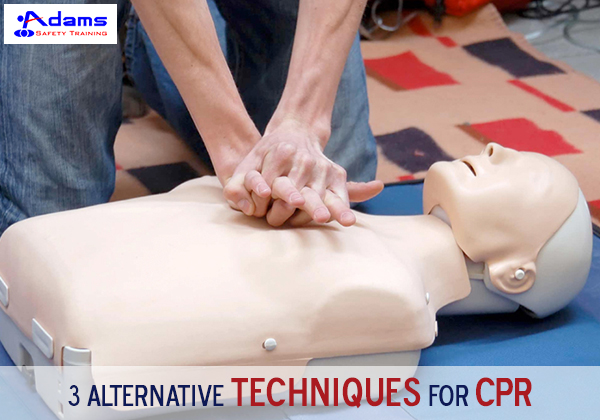We all know CPR and first aid training are important things to learn in life. This training helps us to help in any emergency situation and reduce the chances of any mishap.
Here are some easy tips on choosing the best adult CPR and First aid trainer
1. Select an experienced trainer
2. Find out the certification you desire
3. Ask for testimonials

Select an experienced trainer
It is very important for you to choose a trainer who is experienced. Anyone can have a CPR and first aid training, but ask whether he has ever performed those techniques and rescued anyone from the accident? An experienced trainer will only be able o give you a good training on Adult CPR & First Aid.
Find out for the certification you desire
There are various different kind of training depending on the place and age of the person. Tell your trainer about the aim of learning CPR and ask him about the certification you should do for your reason of learning CPR.
Ask for testimonials
Once you have spoken about the training and experience of the trainer, now is the time to ask for some testimonials and reviews. Reviews and testimonials help a person to understand better about the trainer and its classes.


